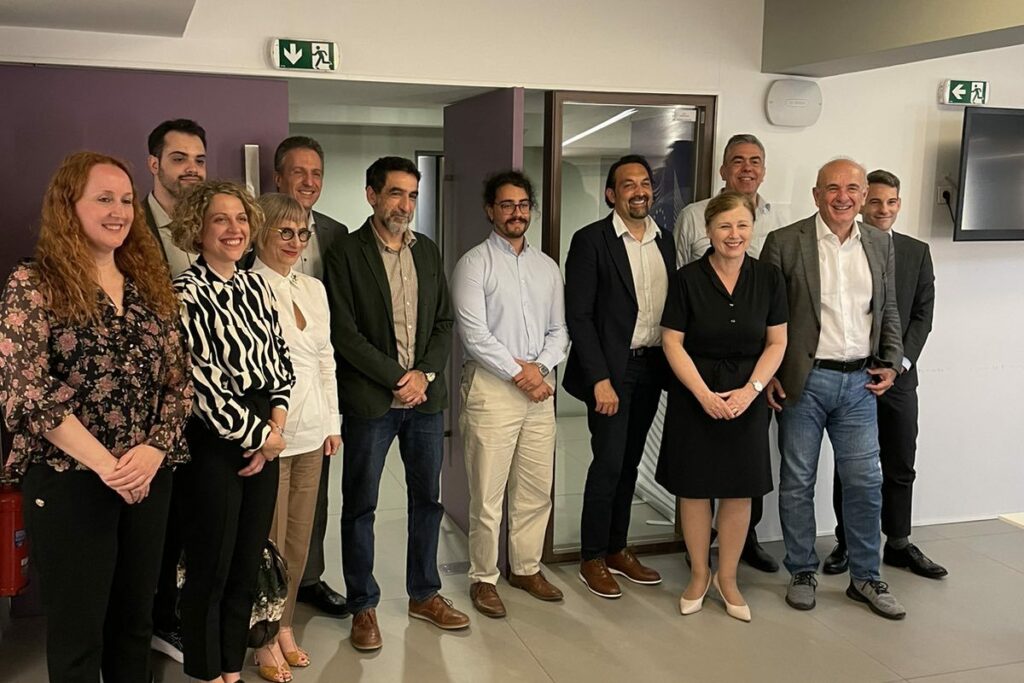Text originally published at OKFN Greece Blog.
On 15 April, Věra Jourová, European Commission Vice-President for Values and Transparency, visited Greece as part of her Democracy Tour. During this tour, the Vice-President travelled to several European capitals to exchange views with stakeholders on how to better protect the information space in light of the upcoming European elections and the European Commission’s recent democracy package.




During the Vice President’s visit to Athens, a round table discussion on the fight against misinformation and the protection of the information sphere was organised on Monday 15 April at the offices of the European Commission Representation in Greece, with the participation of Mr. Charalambos Bratisas, Assistant Professor of the Department of Computer Engineering and Electronic Systems of the International University of Greece and President of Open Knowledge Foundation Greece.
The roundtable was attended by representatives of the agencies responsible for implementing the Digital Services Act and the Media Freedom Act to counter foreign propaganda. These were Professor Charalambos Bratsas (Open Knowledge Foundation Greece), Mr Nikos Sarris (MedDMO), Ms Anna Kandylla and Ms Evangelia Psychogopoulou (ELIAMEP), Professor Pantelis Vatikiotis and Professor Betty Tsakarestou (Panteion University), Professor Kostas Mourlas (University of Athens), Dr Yannis Kliafas (Athens Technology Centre), Konstantinos Karantzalos (Secretary for Telecommunications at the Ministry of Digital Governance), and journalists Stelios Pournis (Ellinika Hoaxes), Andronikos Koutroubelis (Fact Review), and Elias Nikolaidis (DiaNEOsis).
At this meeting, Prof Bratsas highlighted the crucial role of open data in the fight against misinformation. “By providing transparent and verifiable data, we can increase the credibility of information and more effectively address the challenges of misinformation,” he said.
Prof Bratsas also stressed the importance of creating tools and platforms that allow for easy and quick verification of the accuracy and authenticity of information. “In this way,” he said, “we can ensure that citizens have access to reliable and objective information while protecting public debate from the influence of misinformation.”
He also underlined the need for cooperation between Open Knowledge Foundation and the European Commission’s Committee on Values and Transparency. He stressed the importance of using open data to promote transparency and accountability and to counter misinformation. Finally, he expressed the desire to work together and exchange ideas on how to harness the potential of open data for the benefit of public trust and democracy.








